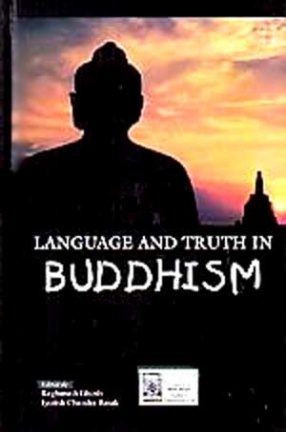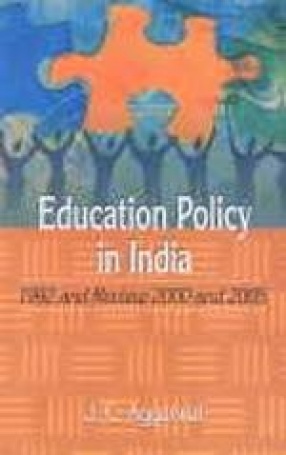Vol. 1: Hall was the First educationist in the 19th Century to think over the problems of education in the emerging scenario of industrialization and the old methods of teaching and a very old curriculum. Education is a social function and as such education should express the needs and aspirations of a society and the problems of a society. The problems of education reflect the problems of society. The problems of education reflect the problems of society. The problems faced by the students, teachers and the general public form the core problems of education. The American society has been a melting pot and quicker one to improve the general standards of society and education. It was G Stanley Hall who first of all identified the problems of education for their solutions. Vol. 2: There have been several objectives of education in the past. Education primarily was meant for the princes. They were prepared to rule their subjects. Naturally education of the princes involved the acquisition of skills of war and art and culture. The masses were not required to get themselves educated. But with the passage of time and the spread of the thoughts of humanism the education of any ordinary child has now-become the duty of every civilized society and its Government. A.N. Whitehead was basically concerned with university education and as such he thought over the problem of the aims of university education. His thoughts on the aims of university education have a great relevance for other ladders of the educational system, like the aims of secondary education, the aims of elementary education etc. Whitehead has stressed on the need to develop the character of a man through education. He has said that men of character and integrity can lead to the further development of a civilized society. Vol. 3: It was Ruskin who had said that the job of a barber was in no way small as compared to advocate. A barber is as useful to society as is an advocate. He was in favour of dignity of labour. Mahatma Gandhi was very much influenced by Ruskin and his book ‘Unto the last.’ Ruskin gave the definition of a gentleman and exhorted students to become gentlemen through good education. The idea of dignity of labour ultimately gave birth to vocational and technical education. This was a big deviation from the classical education which laid stress on acquisition of information and cultural skills only. Ruskin, therefore, is a great pioneer in the field of vocational education and work experience. Ruskin gave equal emphasis on the development of character through education. The imperialistic nature of British society and its domination of the whole world through its possessions had greatly influenced the thinking of Ruskin. He, therefore, advocated a better system of education for the development of a civilized society in the world. Vol. 4: John Dewey is probably the latest among the avatars of education. His book Democracy and education has influenced the minds of the educationists all the world over. The two world wars in Europe had demonstrated to the world had demonstrated to the world the dreads of dictatorships and fascism. John Dewey had pinned great hopes on education and educational systems prevailing in the world of today for the survival of democracy and civilization. John Dewey therefore, laid great stress on democracy as a way of life and educational systems to adopt democracy in their institutions. Dewey emphasized the role of democratic educational administration and supervision. He even revolutionized teaching methods and advocated the use of educational psychology in the classrooms. He influenced the methods of recruitment and training of teachers. In this way we see that Deweyian thought has influenced the post world war II methods of education and thought very deeply and he can be rightly called a prophet of education and Vol. 5: Nicholas Hans has been one of the pioneers in the field off comparative Education. The inadequacy of the educational systems was seen in the post world war II period. It was felt that educational systems all over the world had lost their relevancy in the prevailing circumstances. The curriculum of most of the countries were old and outdated. Teaching methods were very old, irrelevant and outmoded. It was felt all the world over that there was great need to overhaul the educational systems and that too on the basis of the mutual experiences gained by individual states over a period of time. Every system had its own plus points as well as their weaknesses. There was great scope to learn from other systems. This is how the need to develop comparative education arose. Different educational systems were studied and described in general and some comparisons were made. Hans made specific studies of educational systems in western democracies of U.S.A., Britain Germany and France and the educational systems developed in Soviet Russia and China. Very useful studies wer
Language and Truth in Buddhism
$37.80
$42.00





There are no reviews yet.